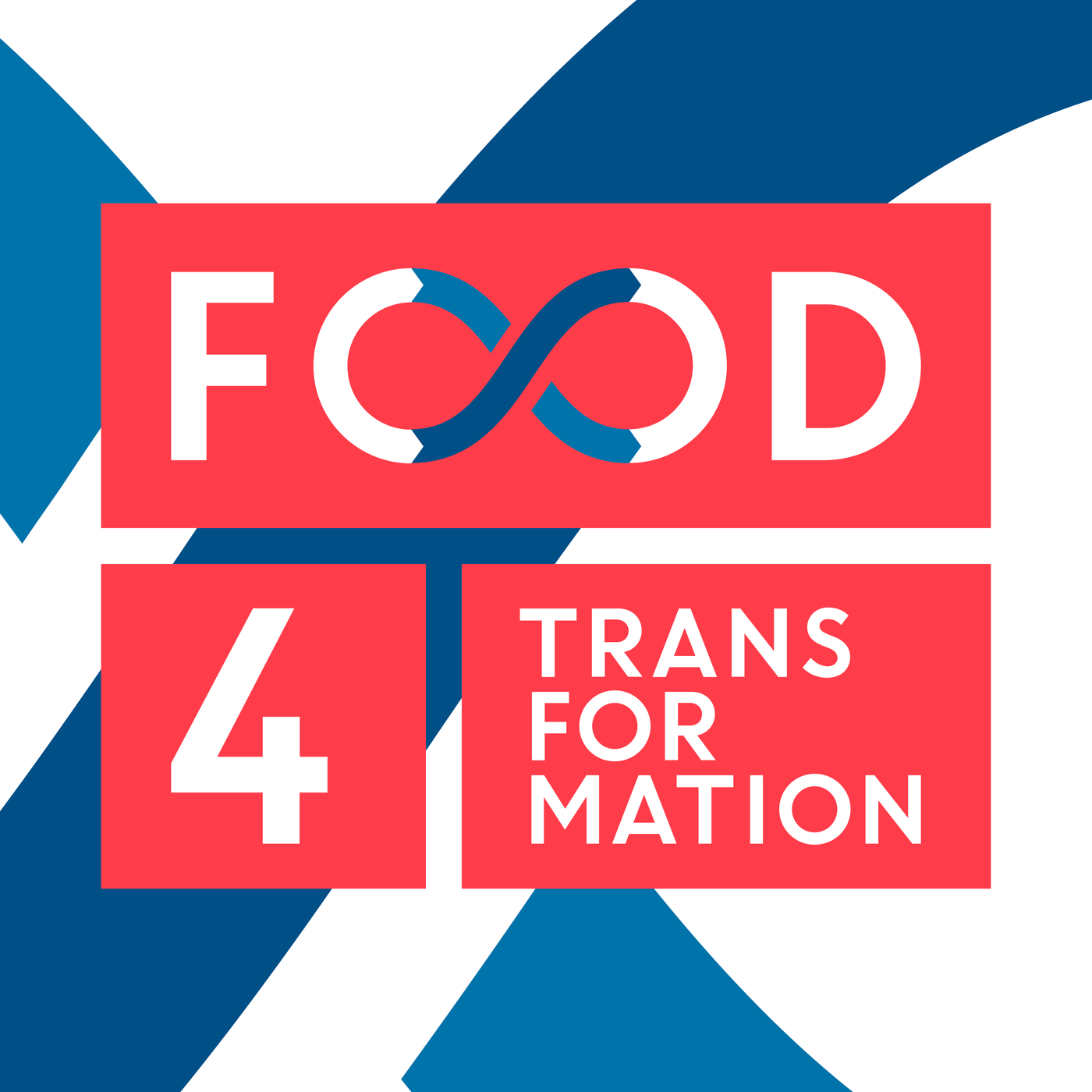
Special Episode #2: Strengthening Future Food Systems – From Hands-On Farming to Multilateral Policy
In this special episode from the Green Week in Berlin, we dive into the big questions facing agriculture and food systems. With sub-Saharan Africa's population expected to double by 2050, how can agriculture meet the surging demand for food while ensuring sustainability, inclusivity, and resilience?
Host Katie Gallus is joined by Jochen Flasbarth, State Secretary at the German Federal Ministry for Economic Cooperation and Development (BMZ), and Mologadi Madisha, founder of Morgan BL Farming in South Africa. Together, they explore the vital role of local farmers, the effects of external shocks like avian flu, and the transformative power of youth...